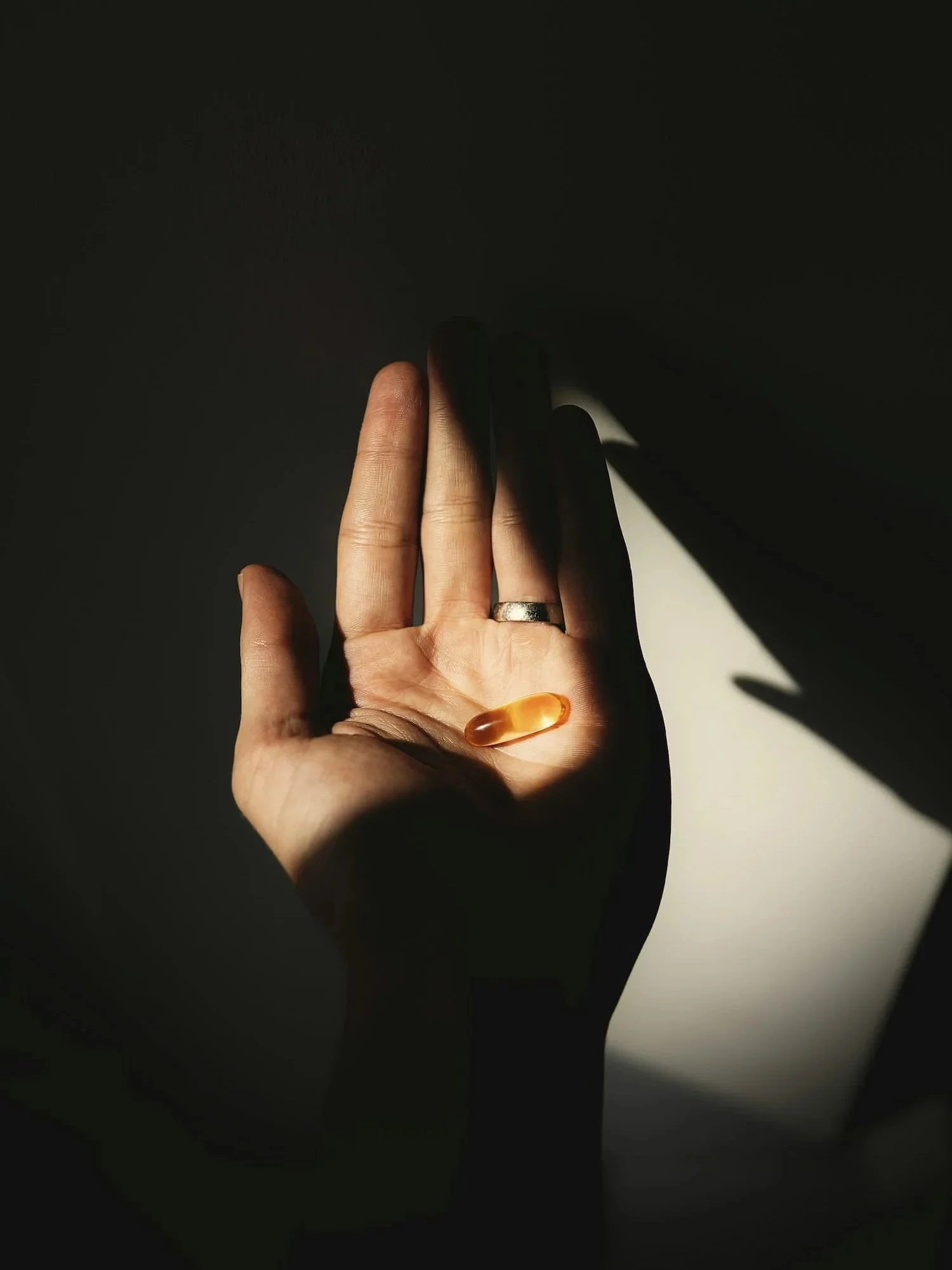OCD Subtype:
Health
Health OCD is when your brain locks onto the fear that something is medically wrong — even when tests results are normal and symptoms don’t make sense. Individuals struggling with this subtype often misinterpret normal bodily sensations or minor symptoms as signs of a serious illness. A single sensation, twinge, or unfamiliar feeling can set off intense worry: “What if this is a sign of something serious? What if I’m missing something?”
To feel safe, you might seek repeated reassurance — from doctors, loved ones, or the internet. You may undergo medical tests, monitor your body closely, or research symptoms for hours. Yet even when results come back normal, the doubts continue. It feels responsible to check — but the more you analyze, the less you trust your body. Instead of bringing relief, these rituals strengthen the fear. On the flip side, you may avoid medical tests altogether — terrified that a diagnosis would confirm your worst fears. But that avoidance comes at a cost too. It keeps you from receiving the routine care and screenings you would otherwise confidently pursue.
The hardest part? You spend so much time trying to prevent illness that OCD ends up stealing the very life you’re trying to protect.
Health OCD can sound like:
My eye has been twitching on and off for a few days, maybe it’s a sign of ALS.
What if this mole is skin cancer — maybe its changing shape and color and I don’t realize.
The doctor said I’m fine, but what if I’m actually not?
Maybe the doctor missed something.
What if I fail to describe my symptoms accurately which results in the wrong diagnosis?
What if I didn’t point out the right mole to the doctor?
Common Health Obsessions
Fear that a medical diagnosis has been missed or overlooked by doctors.
Worrying you will be responsible for becoming ill due to not having checked enough.
Fear of having a heart attack if you feel pain in their left arm or chest.
Fear of contracting or spreading STIs or HIV.
Fear of dying suddenly from an undetected medical issue.
Concern that normal sensations are a sign of having a dangerous disease or illness.
Fear not researching or ignoring symptoms will lead to irreversible consequences.
Common Health Compulsions
Repeated trips to the doctor or Emergency Room.
Googling symptoms or searching medical forums.
Self-reassurance by mentally replaying to make sure the right precautions were taken or repeating comforting advice already given to you.
Establishing multiple medical providers for one of your suspected conditions.
Repeated requests for unnecessary or repeat medical tests.
Monitoring heart rate, breathing, or blood pressure.
Excessively checking your own body to look for new symptoms or changes in symptoms.
You Can Stop Living like Every Sensation is a Threat
You deserve to live in your body without fear. Health OCD can make every sensation feel like a threat — but it doesn’t have to stay that way.
With the right support, you can learn to respond to discomfort without spiraling and trust your body again without constant checking. You don’t have to keep living in crisis mode.
Reach out when you’re ready — relief is possible, and you don’t have to figure it out alone.




